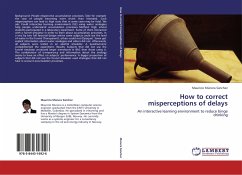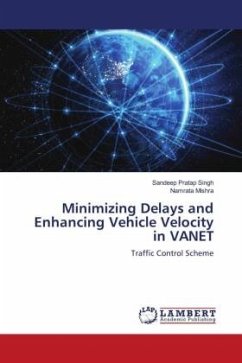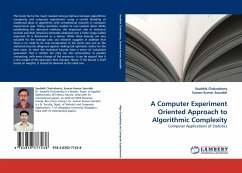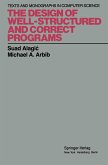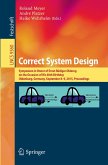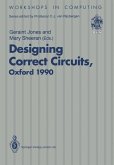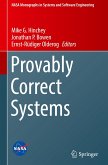Background: People misperceive accumulation processes. Take for example the case of people becoming more drunk than intended. Such misperceptions can lead to high costs that in some cases may be fatal. We ask: Could interactive learning environments (ILE) using water analogies help people understand accumulation processes. Method: High school students participated in a laboratory experiment. Some of them interacted with a funnel simulator in order to learn about accumulation processes. In a two by two full factorial design where some subjects could see the level of water in the funnel (Transparent); others could not (Opaque). Some got explicit information about water analogies and others did not. Afterwards, all subjects were tested in an alcohol simulator. A questionnaire complemented the experiment. Results: Subjects that did not use the funnel simulator produced larger overshoots in BAC than those using it. The combination of transparency and information about the analogy seems to have an effect on subjects performance. A bigger proportion of subjects that did not use the funnel simulator used strategies that did not take in account accumulation processes.
Bitte wählen Sie Ihr Anliegen aus.
Rechnungen
Retourenschein anfordern
Bestellstatus
Storno

